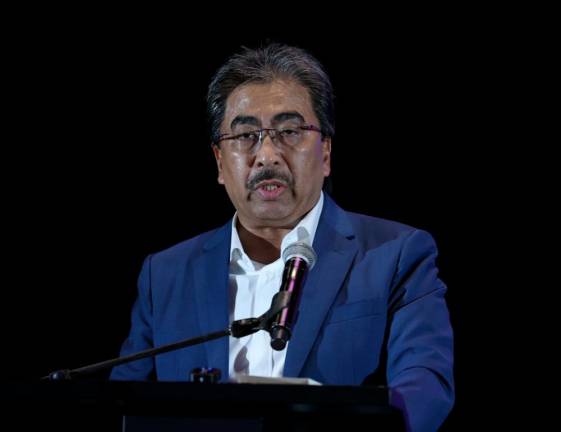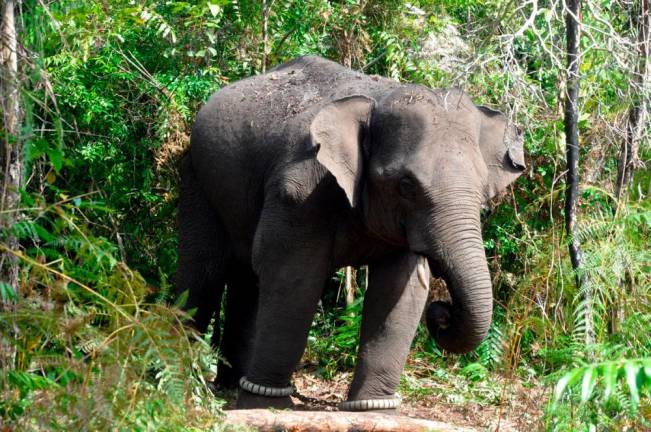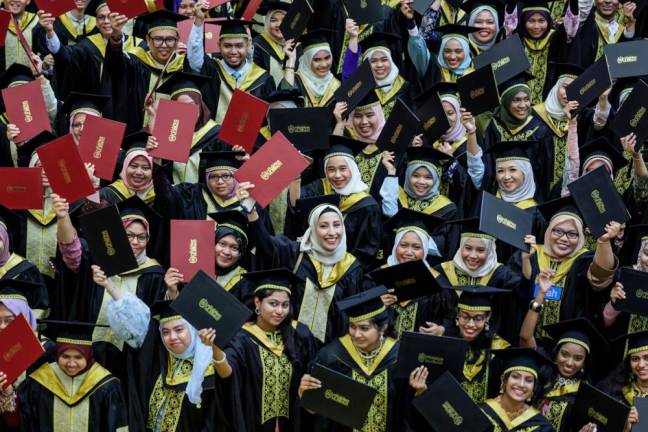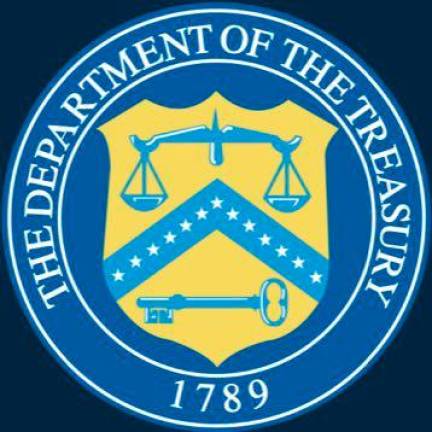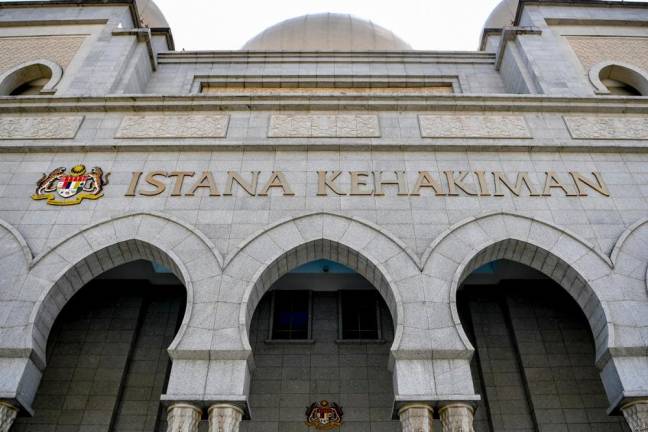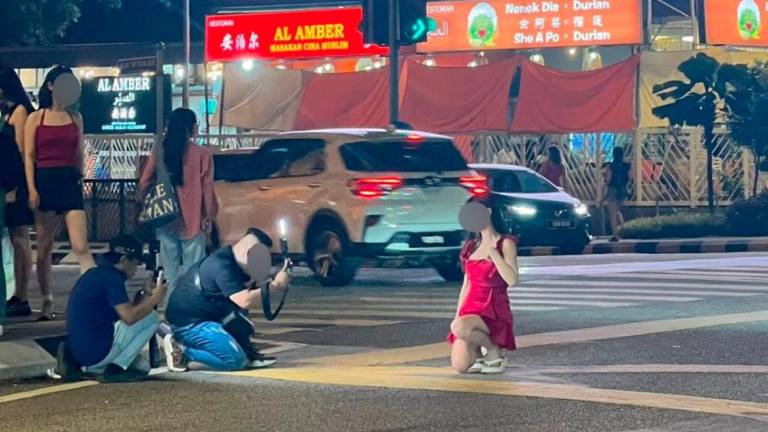While police cracked down hard on SOP (standard operating procedures) violators in the streets to the extent of carrying them off in trucks, revellers were celebrating a beauty pageant organiser’s birthday at a five-star hotel.
It was only when newspapers agitated for action that the partygoers, who included a famous actress, were detained for violating Covid-19 prevention rules and sent to a quarantine centre.
Although this episode two months ago took place in Sri Lanka, it was a familiar story of double standards common-place in a wide swath of developing nations.
In Western Europe, however, cabinet ministers have to resign if caught breaching SOP. What causes this fundamental difference in standards of governance?
Western Europe is frequently tarred as the decadent secular west. In contrast, developing nations are seen as the pious religious east.
In Malaysia, we often hear denunciations of secularism. And yet the evidence is that “decadent secularism” has achieved far greater success than “pious religiosity” in promoting integrity.
Brazil, India, and South Africa were some decades ago heralded as comets in the sky and models of democratic progress.
Malaysia also won adulation as mentor to South Africa on how to be a great democracy. Now all four nations are viewed as falling stars.
Most troubling is the deepening lack of integrity amid soaring displays of religiosity.
In Brazil, a preacher one recent Sunday rebuked citizens who skipped congregational worship services: “You have faith in doctors, you have faith in vaccines but you don’t have faith in God? All that matters is that you are good with God.”
The Economist newsweekly in a June 2021 issue published a revealing admission by an executive of a Brazilian construction firm that paid bribe money disguised as political contributions: “We knew that what we were doing wasn’t right but the feeling was that it was not that wrong.” In short, corruption is downgraded to just a minor sin.
In South Africa, nearly 20% of the nation’s GDP has been siphoned off into private pockets with the result that many citizens now have to live without rubbish collection, electricity, or clear tap water as there are insufficient funds to maintain services everywhere.
India went through a Covid tragedy of unimaginable scale some months ago when national leaders failed to prioritise safety over mass religious festivity.
Corruption in Malaysia has been compared with the spread of Covid-19 that began small and was initially overcome, but this resulted in complacency.
Then Covid took a firm grip and spread like a raging fire, engulfing the whole nation. So has corruption.
Nine positions in Transparency International’s (TI) latest ranking of the Top Ten least corrupt nations are held by the secular west. The only exception is Singapore, which is closely aligned with secularism.
The USA, ranked 25, is not truly secular as political candidates often have to get religious endorsement and fulfil the agenda of the religious organisations backing them. Secularism requires a complete separation of religion from politics.
Malaysia occupies 57th position – a drop from 51st place. A Robin Hood approach to corruption is taking root with one famous preacher declaring that it is all right to be corrupt if you help the needy in your community.
So you can rob the national treasury, if you give the loot to the needy after you have taken your rather big slice of it.
Transparency International has made an observation that the least corrupt nations are able to provide adequate healthcare, and this has enabled them to treat Covid patients well.
Conversely, the corrupt nations are seeing a breakdown of healthcare services under pressure from Covid.
TI chairperson Delia Fereira Rublio commented that, “Covid-19 is not just a health and economic crisis. It is a corruption crisis.”
Surveys have repeatedly shown that the top three concerns of Malaysians are corruption, poor governance, and racial and/or religious tensions. Which layers of Malaysian society are heavily infected by corruption?
We know from official pronouncements that almost half of all corruption cases involve civil servants. So the other half must be the private sector. Corruption has become endemic in our society.
Corruption has a base in the lack of integrity that also manifests in double standards.
We have seen numerous cases of quarantine and physical distancing rules bent in favour of the favoured.
Recently, a helicopter landed at Ipoh Padang to take delivery of some lunch packs. Somewhere along the line, double standards were applied.
Why is the religious east so prone to these failings? It is the unexpected consequence of deep-rooted partisan teaching.
When a preacher tells the congregation to put its religion above other religions, and put religion above everything else, he is getting the congregation to focus on just advancing its own circles of concern.
The mind thus oriented develops a bipolar orientation: I stand on one side of the line with my cluster, you stand on the other side. This is the starting point for double standards.
Yet another weakness of conventional religious sermonising is to portray God as the emperor in heaven.
When the congregation is told that God is a sovereign who needs to be worshipped primarily in a ritualistic way, you get the message that if you faithfully observe all the rituals you will enjoy divine favours.
Applying this lesson, you hope to corner benefits as a favourite by expressive displays of loyalty to a political godfather.
Integrity requires a base. That base is a whole-of-society approach to life. There can be no integrity without holism.
When you place yourself, your religion, your ethnicity, and your political party on a pedestal above all others in the field, you are going against the holism of nature.
The sun gives Vitamin D to everyone and does not favour a Muslim, Christian, or Buddhist, Malay, Indian, or Chinese.
To be partisan is to be unholistic. When a base of non-holism is firmly established, integrity dissolves and the way is paved for corruption and double standards.
The writer champions interfaith harmony. Comments: letters@thesundaily.com






